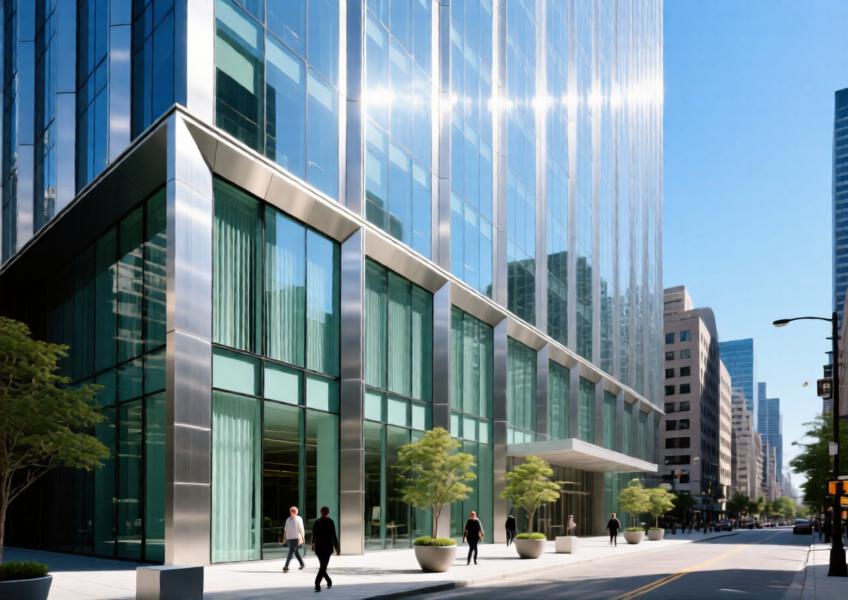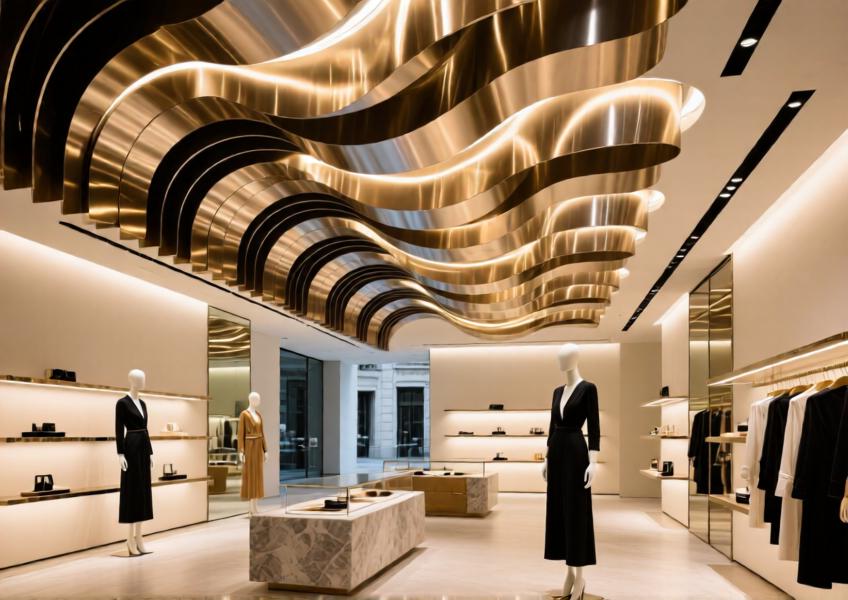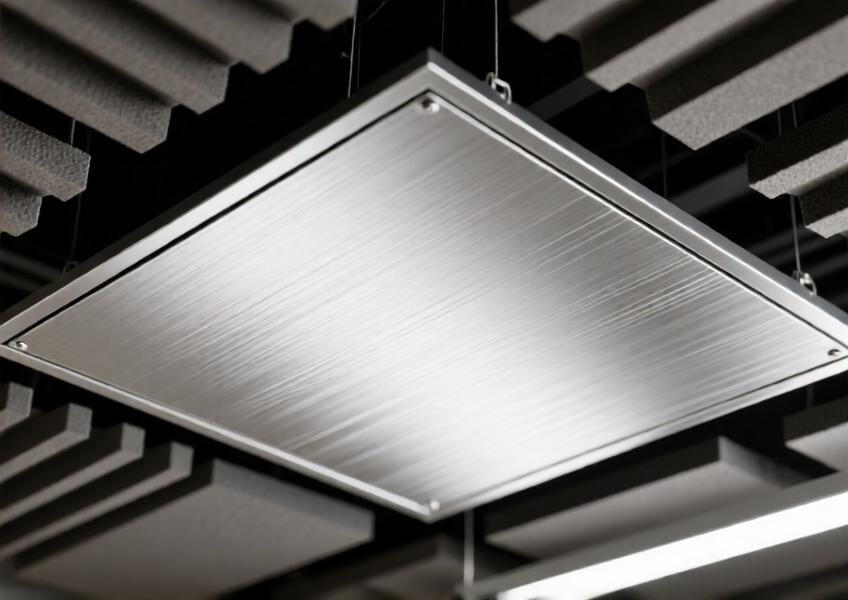

In the evolving landscape of architectural design, the integration of high-performance materials has become a hallmark of modern aesthetics and functionality. Among these, brushed aluminum stands out for its versatility, durability, and refined appearance, particularly in curtain wall and ceiling applications. Whether gracing the facade of a high-rise office building or defining the spatial elegance of a luxury penthouse, brushed aluminum has emerged as a material of choice for architects and interior designers seeking to blend sophistication with resilience.

Curtain wall systems, which serve both structural and aesthetic purposes, benefit immensely from the use of brushed aluminum profiles. Its lightweight nature reduces the overall load on the building structure, while its resistance to corrosion ensures long-term performance in diverse climates. In commercial projects, such as urban office towers or shopping centers, brushed aluminum frames create sleek, minimalist lines that complement glass facades and allow for expansive, light-filled interiors. Notably, the subtle texture of the brushed finish helps mask minor scratches and imperfections, making it ideal for high-traffic environments where maintenance is a concern.
In ceiling engineering, brushed aluminum panels offer a contemporary alternative to traditional materials. Their reflective quality enhances ambient lighting, creating a sense of openness and fluidity in interior spaces. This is particularly valuable in luxury retail environments or upscale hospitality venues, where atmosphere plays a critical role in shaping customer experience. For instance, in a high-end boutique in Milan, designers used custom-fabricated brushed aluminum ceiling baffles to create a dynamic, wave-like structure that not only directs airflow but also becomes a sculptural centerpiece.


Beyond aesthetics, the sustainability profile of brushed aluminum further enhances its appeal. With high recyclability and energy-efficient production methods, it aligns with green building standards such as LEED and WELL certification. This makes it a preferred option in public decoration engineering projects that emphasize environmental responsibility without compromising visual impact.
Ultimately, the growing presence of brushed aluminum in modern architecture reflects a broader trend toward materials that are as intelligent as they are beautiful. Its ability to adapt to both functional demands and artistic vision ensures that it will remain a key element in the design vocabulary of the future.